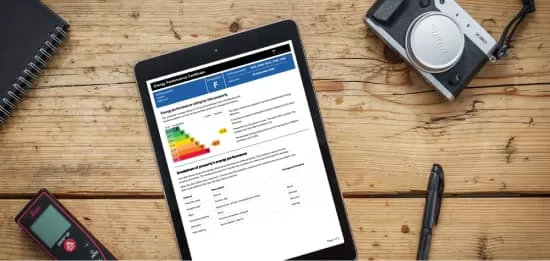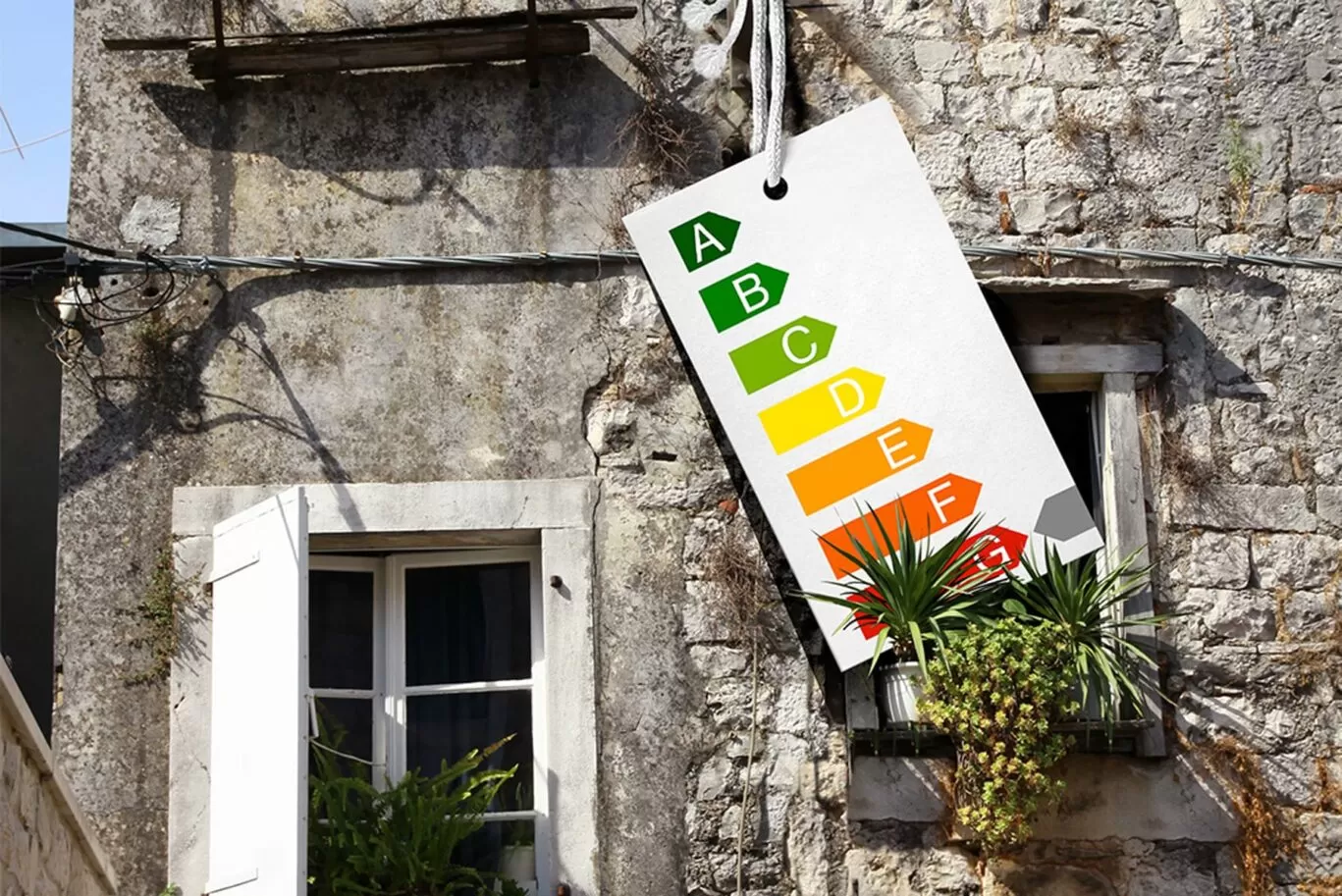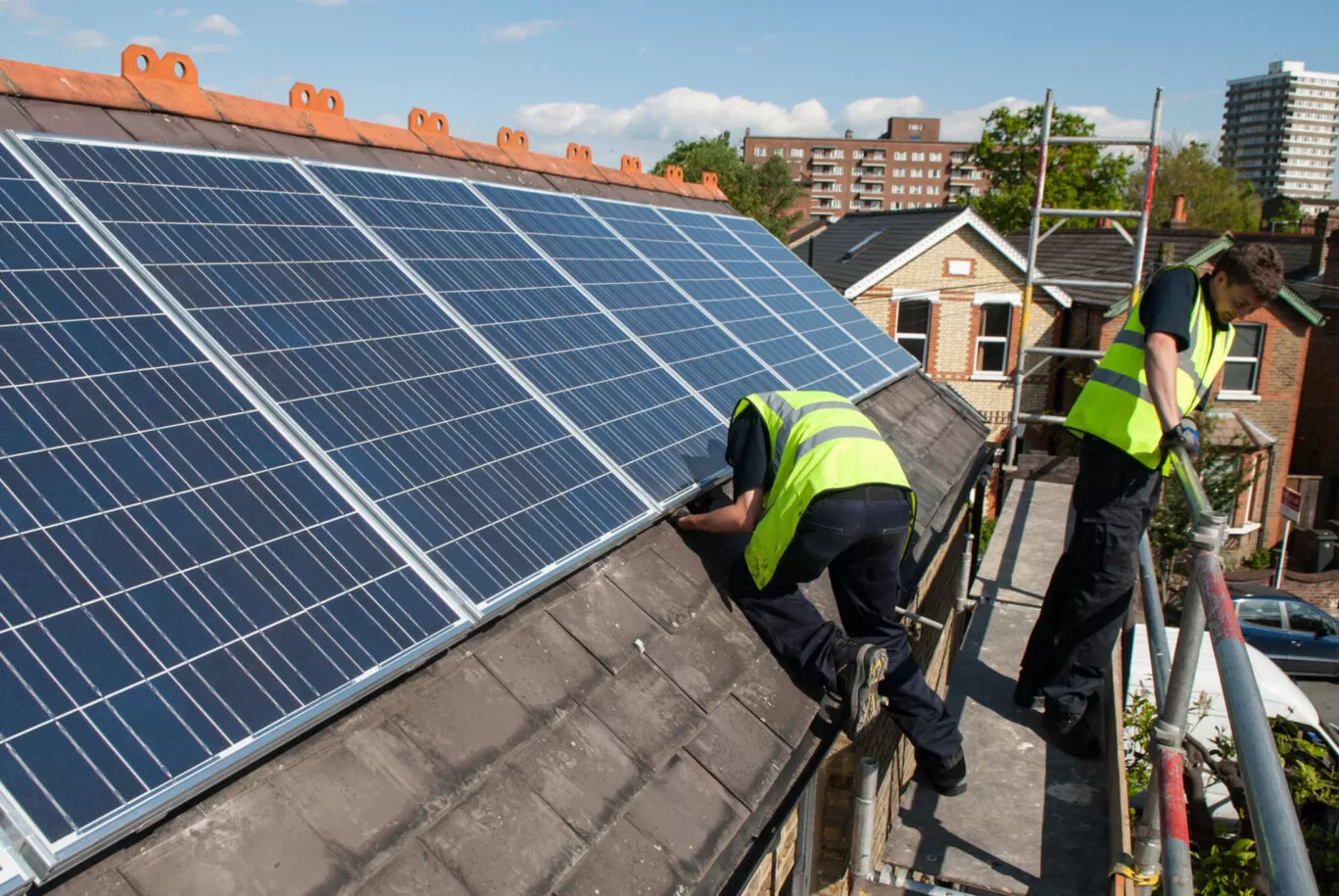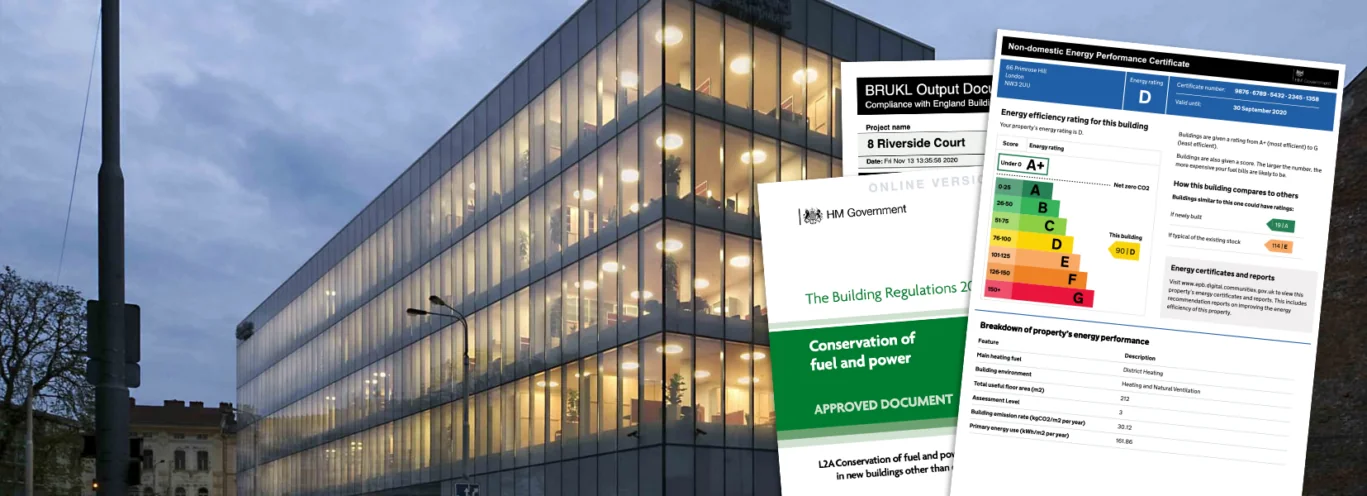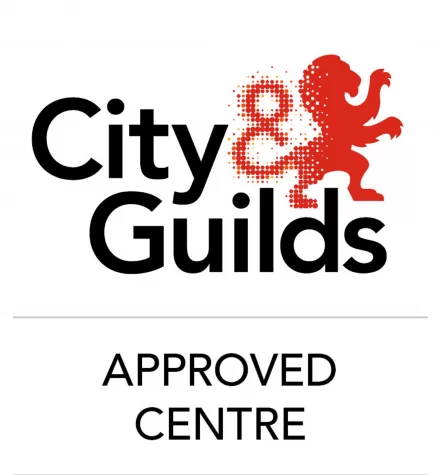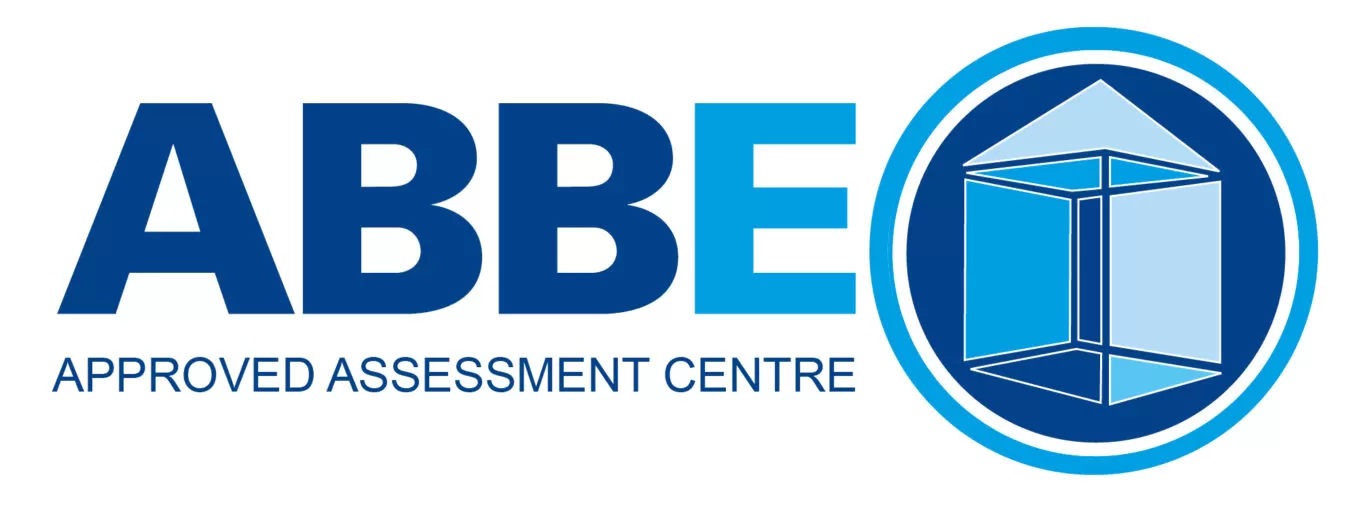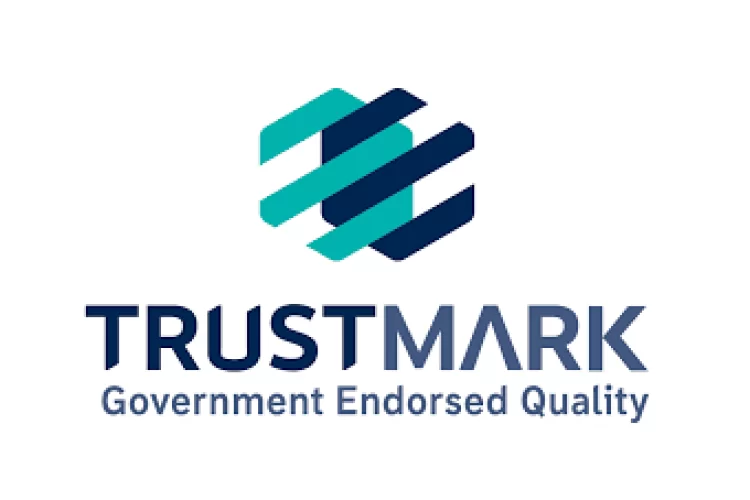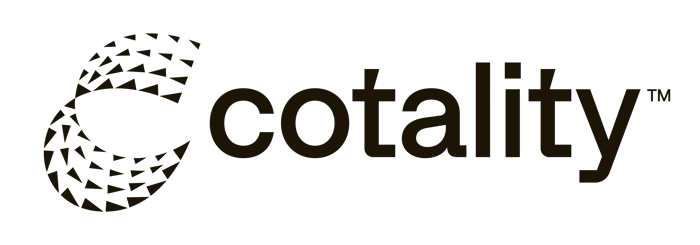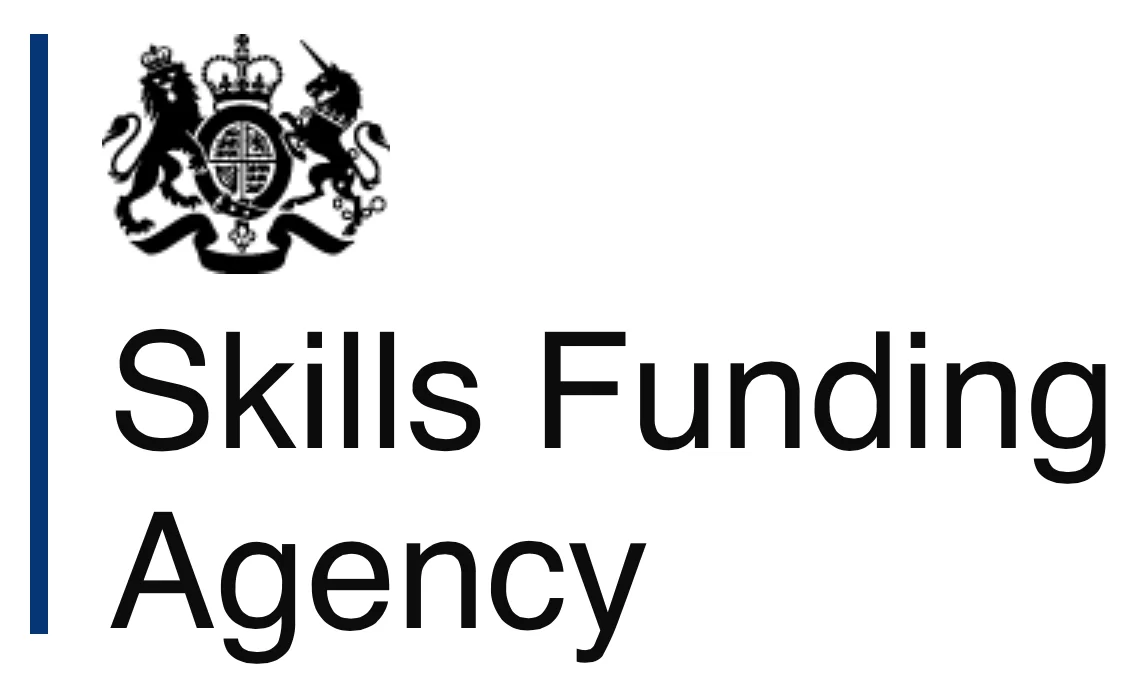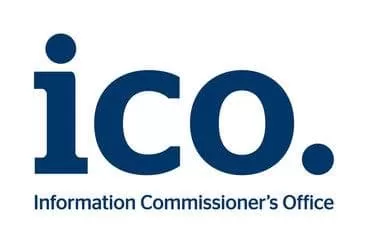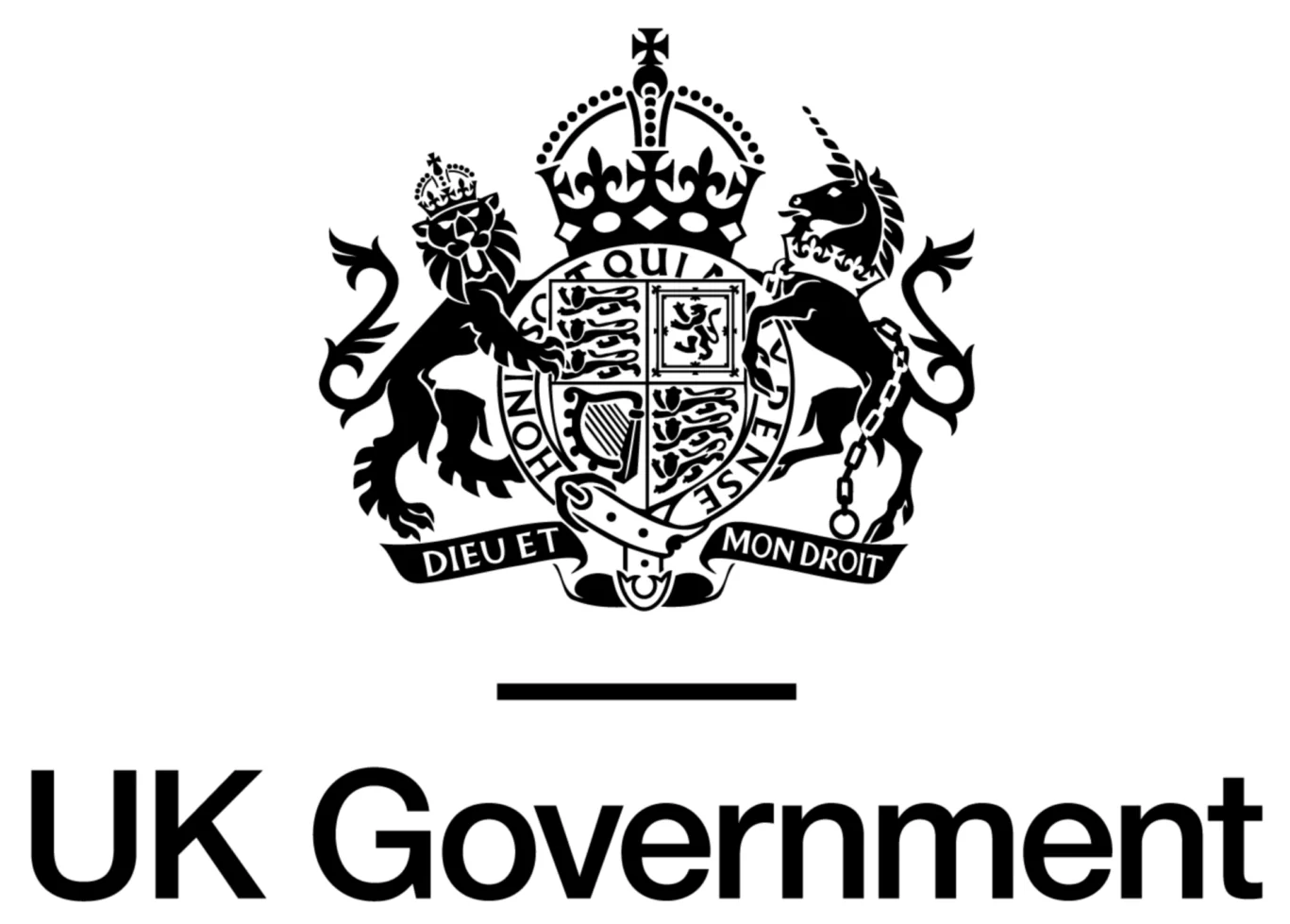Once you know your home’s energy efficiency rating, the natural next step is finding ways to improve it. There are many potential upgrades—such as better insulation, heating system upgrades, or even renewable energy solutions—that can make your home warmer, greener, and cheaper to run. But for many households, covering the cost of these improvements alone isn’t realistic.
That’s where energy efficiency grants come in. The government currently offers several schemes designed to help homeowners and landlords make essential upgrades, boosting the energy performance of homes across the UK without putting an unmangeable financial burden on householders.
Why It Matters
Improving the energy performance of UK homes has been a national priority for years. In fact, between January 2013 and December 2024, over 4.5 million energy efficiency measures were installed in 2.8 million homes under various government schemes. It is clear that schemes and grants play a huge role in the improvement of housing stock.
Here’s a quick look at some of the main schemes currently available and what they can do for your home.
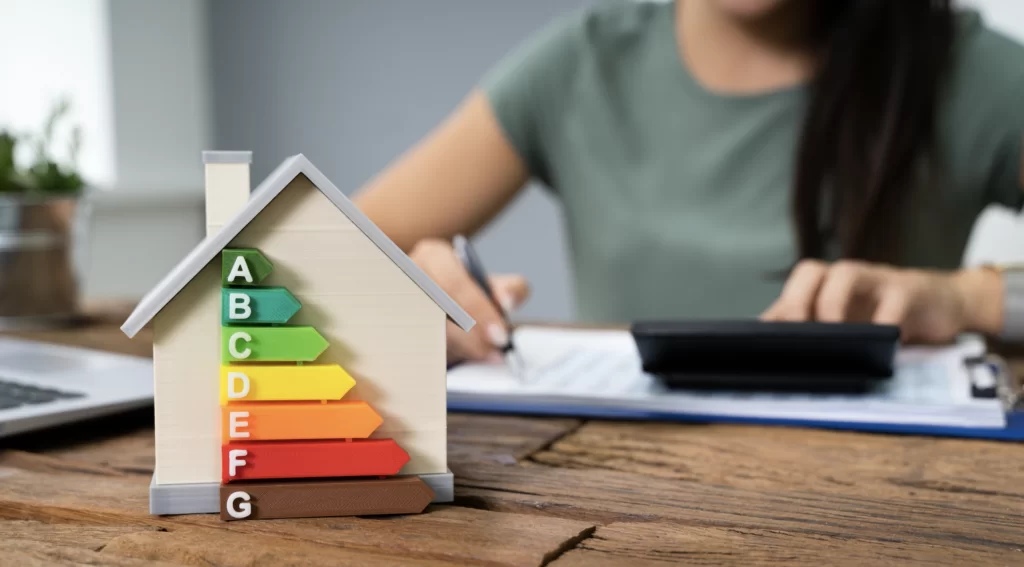
Energy Company Obligation (ECO4)
What Is It?
The Energy Company Obligation (ECO) is a government scheme designed to reduce carbon emissions and tackle fuel poverty. Under this scheme, larger energy suppliers are legally required to provide energy-saving upgrades to eligible households.
We are now in the fourth phase – ECO4, running from April 2022 to March 2026.
What Does It Cover?
ECO4 can fund:
- Full on- and off-gas heating systems
- Gas boiler upgrades
- Air source heat pumps
- Insulation improvements (loft, cavity wall, room-in-roof, internal wall)
- Smart heating controls and other energy-saving measures
How Can Homeowners Apply?
Homeowners don’t apply directly—the grant is applied for through a TrustMark-registered installer.
They can begin the process by filling out a short form via the official ECO4 website.
Installers or agents might contact homeowners directly. If you’re not sure if an offer is genuine, contact your local council or the energy supplier they represent to check.
For more information on the ECO scheme and eligibility, you can visit Help from your energy supplier: the Energy Company Obligation – GOV.UK
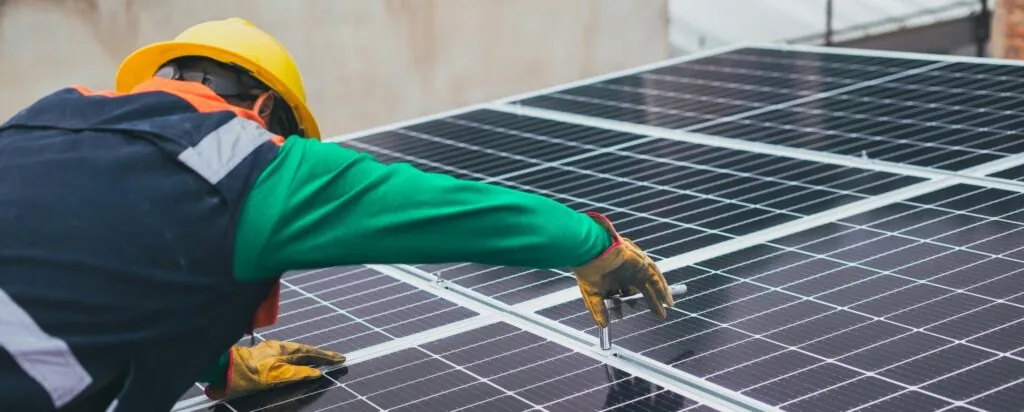
Warm Homes: Local Grant
What Is It?
This scheme provides free energy-saving improvements for eligible households in England. It is managed by local councils, often in collaboration with landlords.
What Does It Cover?
Upgrades may include:
- Wall, loft, or underfloor insulation
- Air source heat pumps
- Smart controls
- Solar panels
Who’s Eligible?
To qualify, the home must:
- Be located in England
- Be privately owned (by the resident or their landlord)
- Have an EPC rating of D to G
Income must usually be £36,000 or less, but exceptions apply (e.g., specific postcode areas or benefit recipients).
How Can Homeowners Apply?
Applications can be submitted via the government’s online portal.
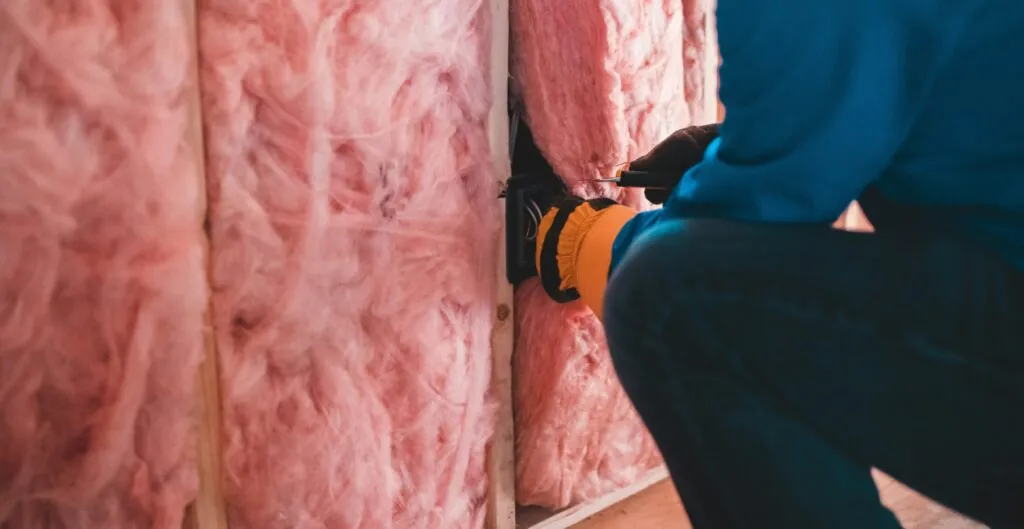
Great British Insulation Scheme (GBIS)
What Is It?
The Great British Insulation Scheme helps homeowners, tenants (with landlord permission), and landlords improve home insulation—either at a reduced cost or completely free.
What Does It Cover?
Typically:
- Cavity wall insulation
- Loft insulation
- Other insulation types depending on the home assessment
Who’s Eligible?
Homes must:
- Have an EPC rating of D or below
- Be in Council Tax bands A-D in England (or A-E in Scotland/Wales)
Applicants will need to supply basic information like household income and benefit status.
How Can Homeowners Apply?
Eligibility can be checked via the government’s online tool:
Stay Updated
These are just a few of the main energy efficiency grants currently active across the UK. Schemes are subject to change, so it’s worth regularly checking government resources or signing up for industry updates. You can find good resources on the Trustmark Website.

